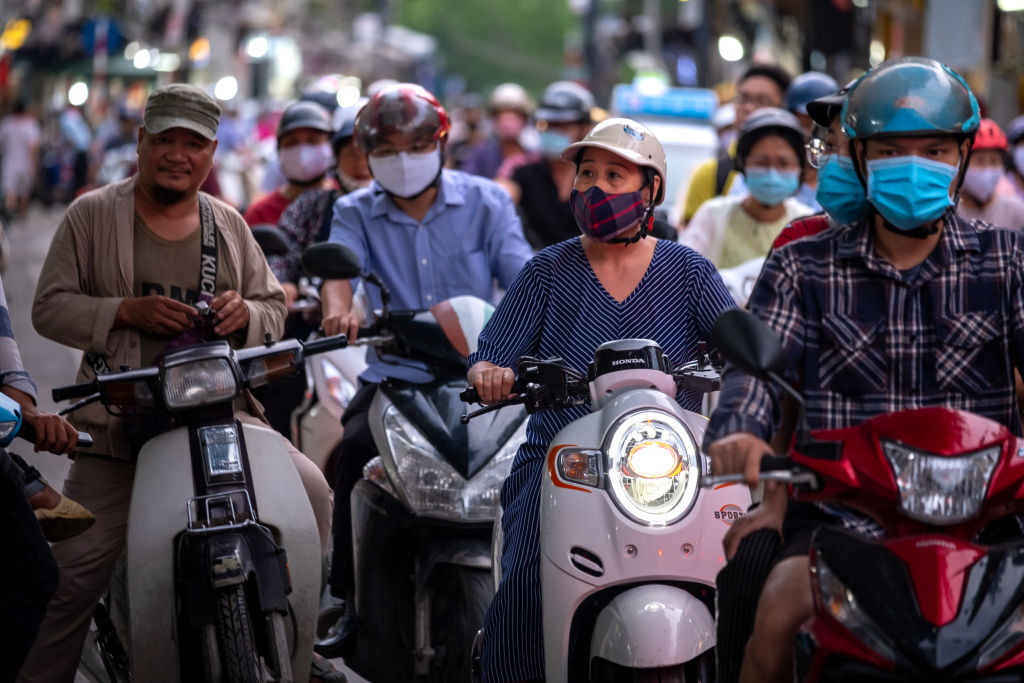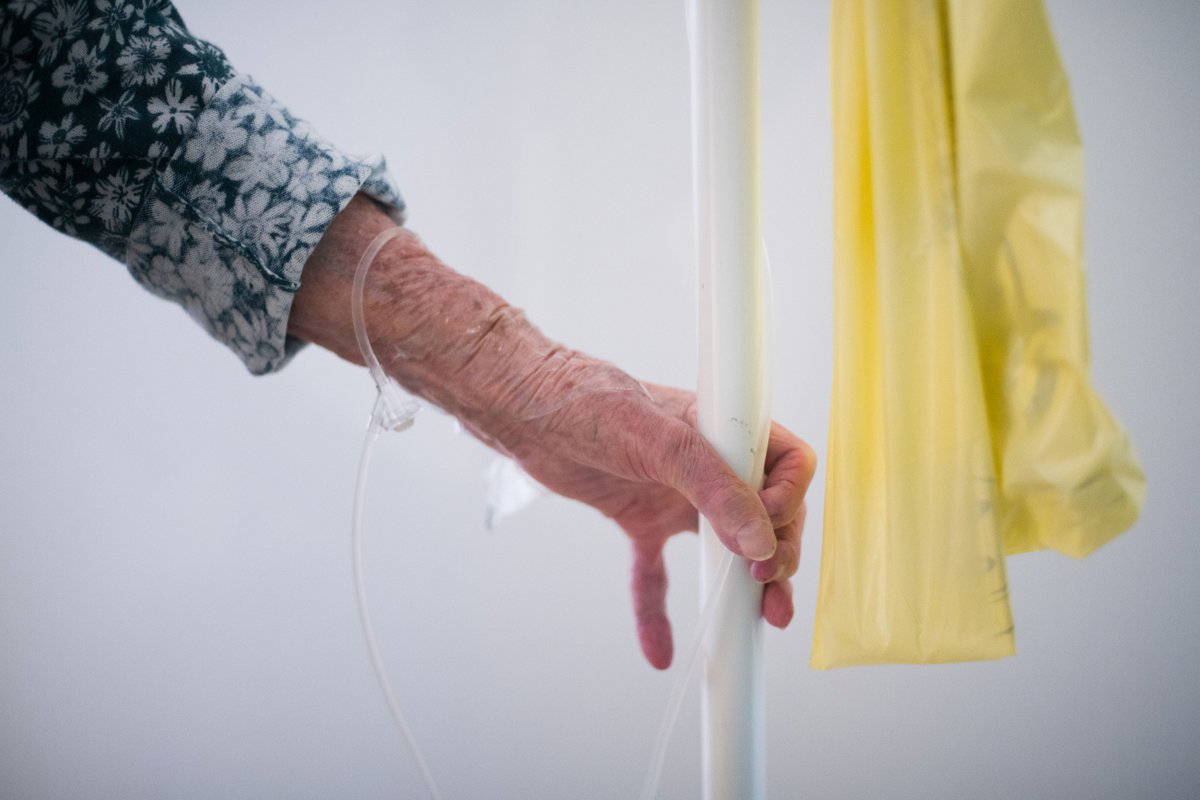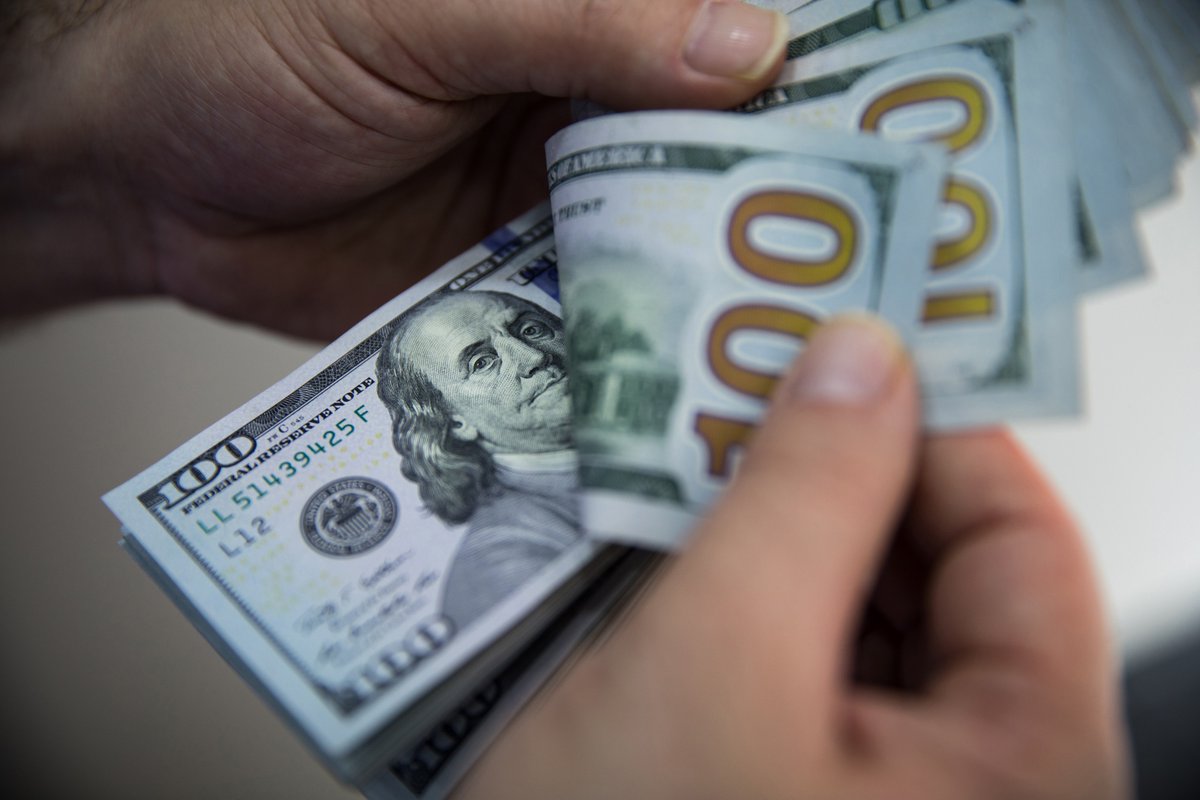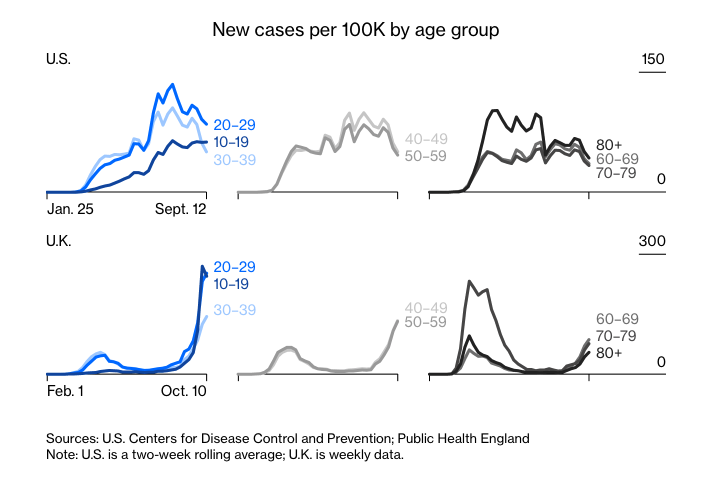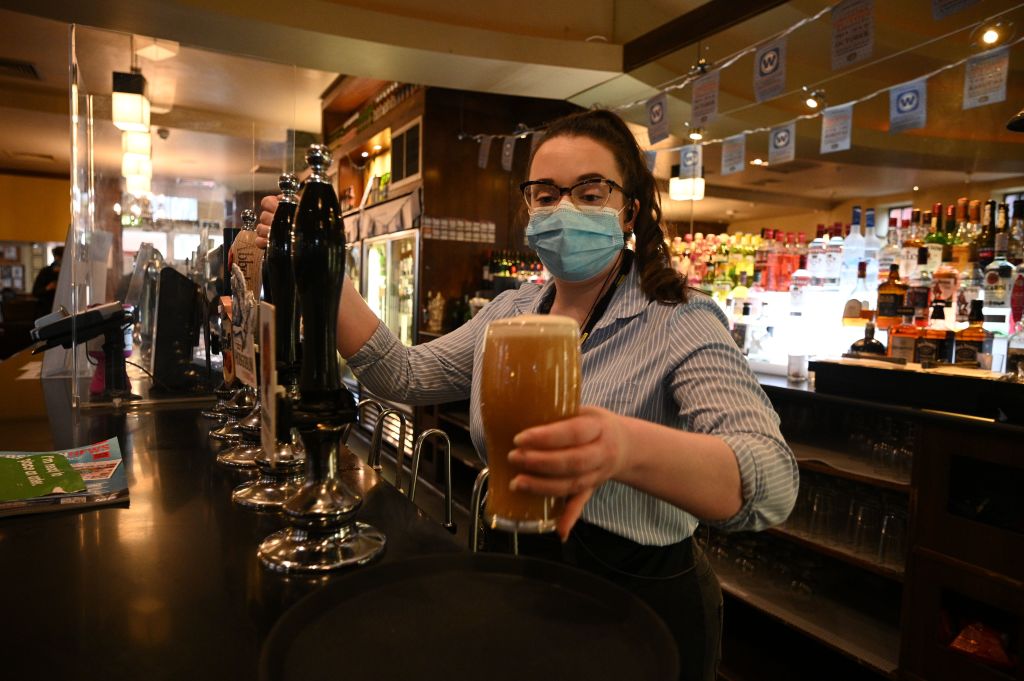
You’ve heard the scenarios:
Trump loses but refuses to leave.
Biden loses but refuses to concede.
Absentee ballots aren’t counted.
The angry left takes to the streets.
The angry right takes to the streets.
Lawyers take to the courts.
trib.al/IO736Nn
Trump loses but refuses to leave.
Biden loses but refuses to concede.
Absentee ballots aren’t counted.
The angry left takes to the streets.
The angry right takes to the streets.
Lawyers take to the courts.
trib.al/IO736Nn
Into the pre-election turmoil comes a useful new analysis from the economists Michael Geruso and Dean Spears.
They warn of a significant chance that the presidential election could be swung by a few thousand disqualified ballots trib.al/IO736Nn
They warn of a significant chance that the presidential election could be swung by a few thousand disqualified ballots trib.al/IO736Nn

Their conclusion is stark:
"We find that it is much more likely under the Electoral College system than under a hypothetical National Popular Vote that the election outcome will be narrow enough to be reversible by judicial or administrative processes" trib.al/IO736Nn
"We find that it is much more likely under the Electoral College system than under a hypothetical National Popular Vote that the election outcome will be narrow enough to be reversible by judicial or administrative processes" trib.al/IO736Nn

How much more likely?
Based on 100,000 simulations of every presidential election from 1988-2016, the chances that the outcome turns on fewer than 10,000 votes in a single state is 4% under the Electoral College system but only 0.1% under a popular vote trib.al/IO736Nn
Based on 100,000 simulations of every presidential election from 1988-2016, the chances that the outcome turns on fewer than 10,000 votes in a single state is 4% under the Electoral College system but only 0.1% under a popular vote trib.al/IO736Nn

In other words, the chances that local election officials (or judges) can sway the national result by tossing (or including) a few thousand ballots are 40 times greater with the Electoral College trib.al/IO736Nn 

Think 4% isn’t much?
Consider the study’s further conclusion that“the probability that the Electoral College is decided by 20,000 ballots or fewer in a single, pivotal state is greater than 1-in-10” trib.al/IO736Nn
Consider the study’s further conclusion that“the probability that the Electoral College is decided by 20,000 ballots or fewer in a single, pivotal state is greater than 1-in-10” trib.al/IO736Nn

That’s right: There’s a 10% chance that the vote count in the state on which the national outcome turns will be that close.
Twenty thousand isn’t an unusually large number of votes for state officials or judges to disqualify trib.al/IO736Nn
Twenty thousand isn’t an unusually large number of votes for state officials or judges to disqualify trib.al/IO736Nn

In the 2016 presidential contest:
✉️Florida rejected almost 22,000 absentee ballots
✉️Arizona disqualified close to 11,000
✉️Ohio tossed out more than 10,000 trib.al/IO736Nn
✉️Florida rejected almost 22,000 absentee ballots
✉️Arizona disqualified close to 11,000
✉️Ohio tossed out more than 10,000 trib.al/IO736Nn

This year, a record number of absentee ballots are expected to be cast, most of them by Democrats.
Local officials called upon to figure out which votes to count will find themselves more than ever the center of controversy trib.al/IO736Nn
Local officials called upon to figure out which votes to count will find themselves more than ever the center of controversy trib.al/IO736Nn

The Electoral College system is more likely to lead to a disputed result if there is a “tipping point state.”
Think Florida in 2000, or Ohio in 2004: Had George W. Bush lost either, he would have lost the election trib.al/IO736Nn
Think Florida in 2000, or Ohio in 2004: Had George W. Bush lost either, he would have lost the election trib.al/IO736Nn

It’s not likely a Florida situation will happen again in our lives — the authors put the chances of 537 votes in a single state deciding the election at 1 in 50,000. But 20,000 votes? That seems plausible.
Let’s just hope it doesn’t happen this time trib.al/IO736Nn
Let’s just hope it doesn’t happen this time trib.al/IO736Nn

• • •
Missing some Tweet in this thread? You can try to
force a refresh


